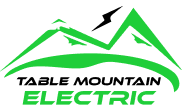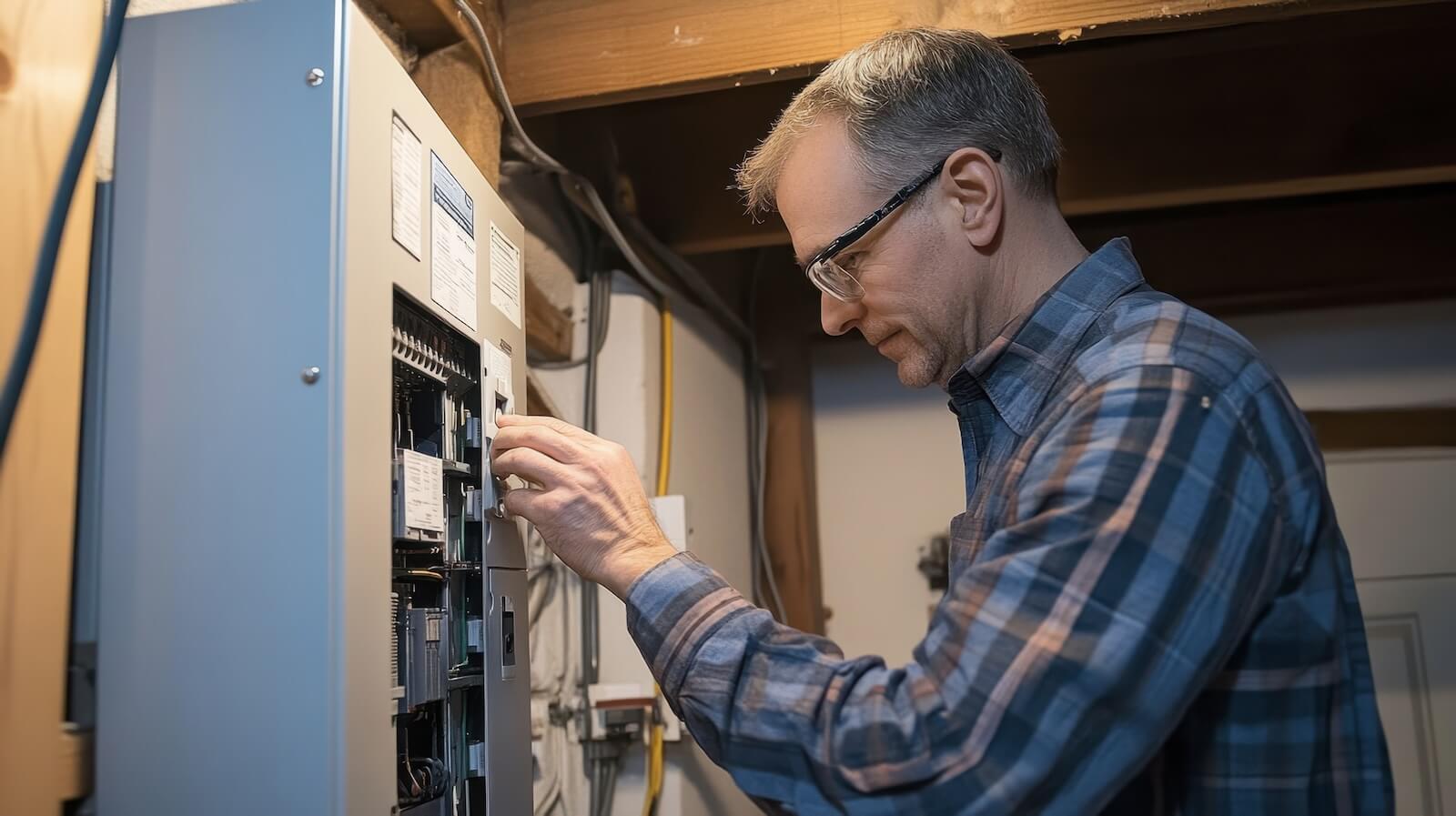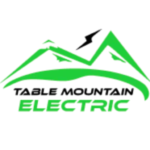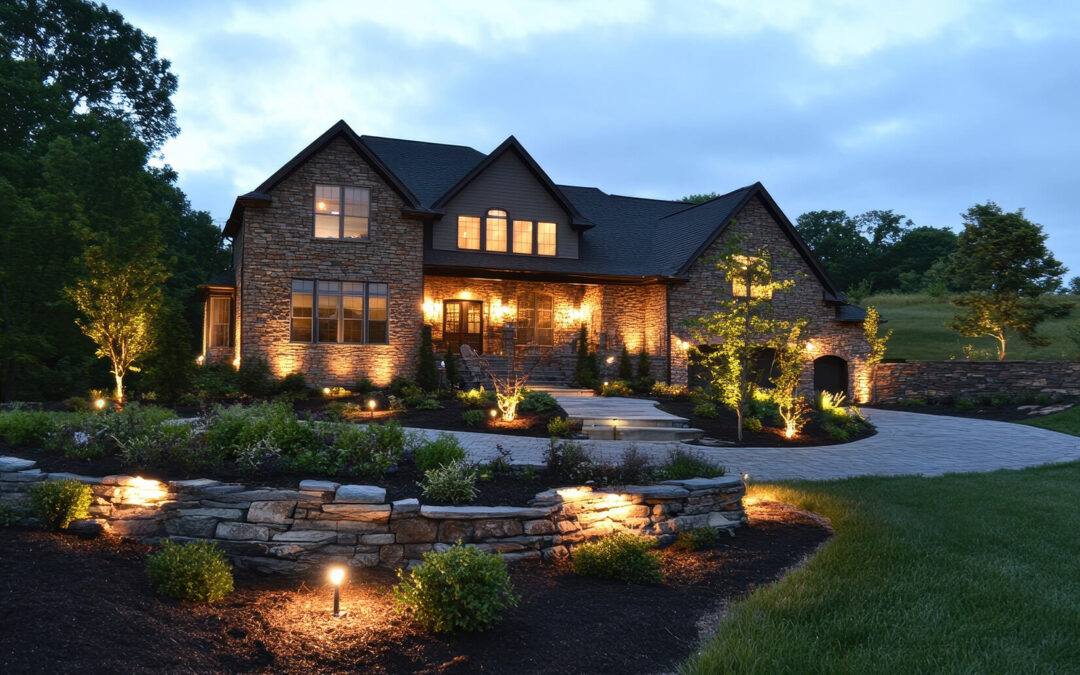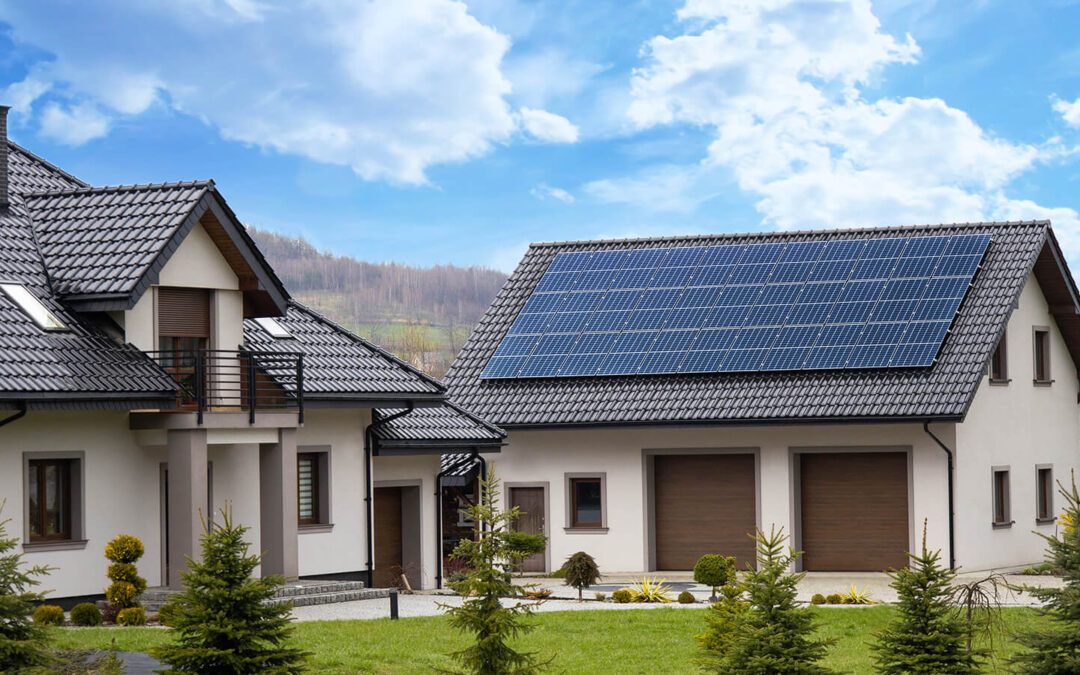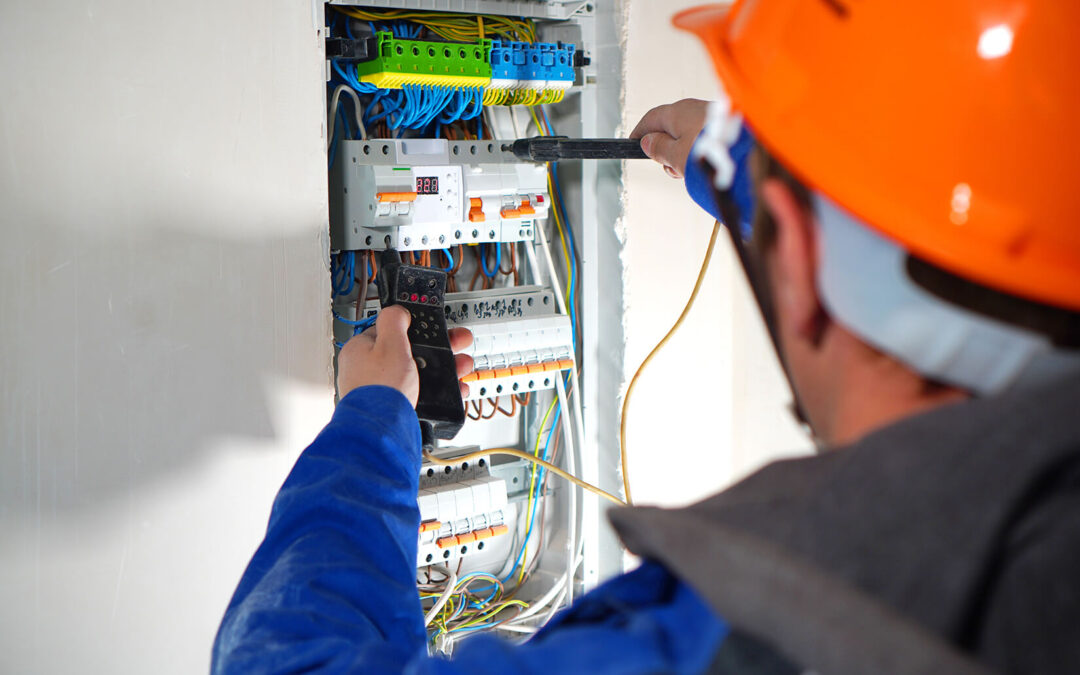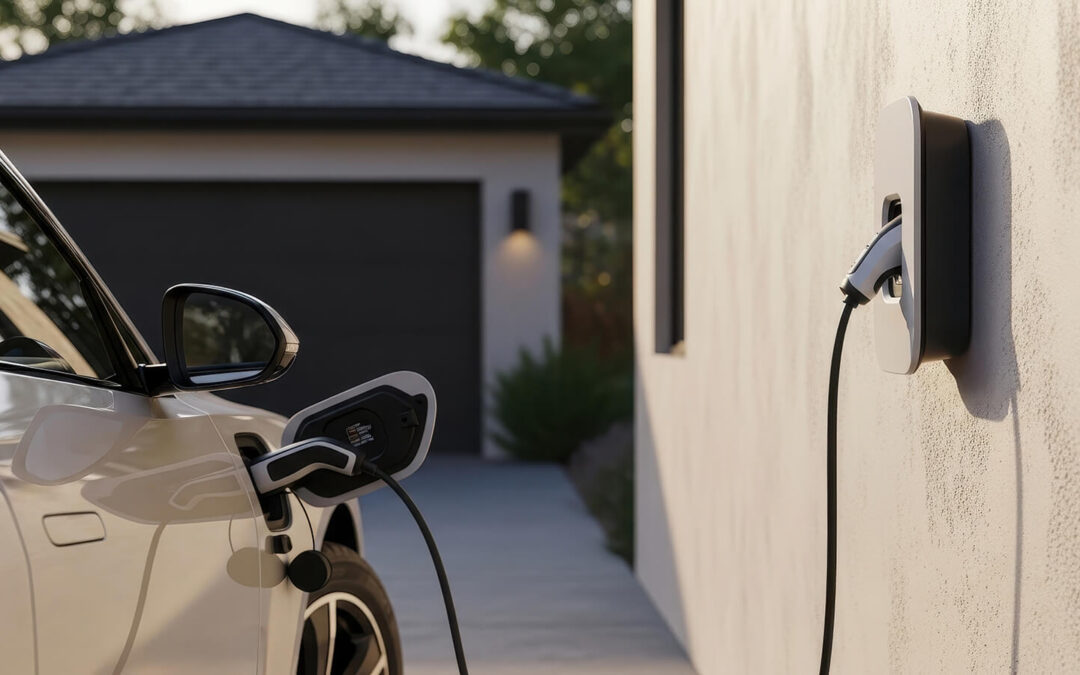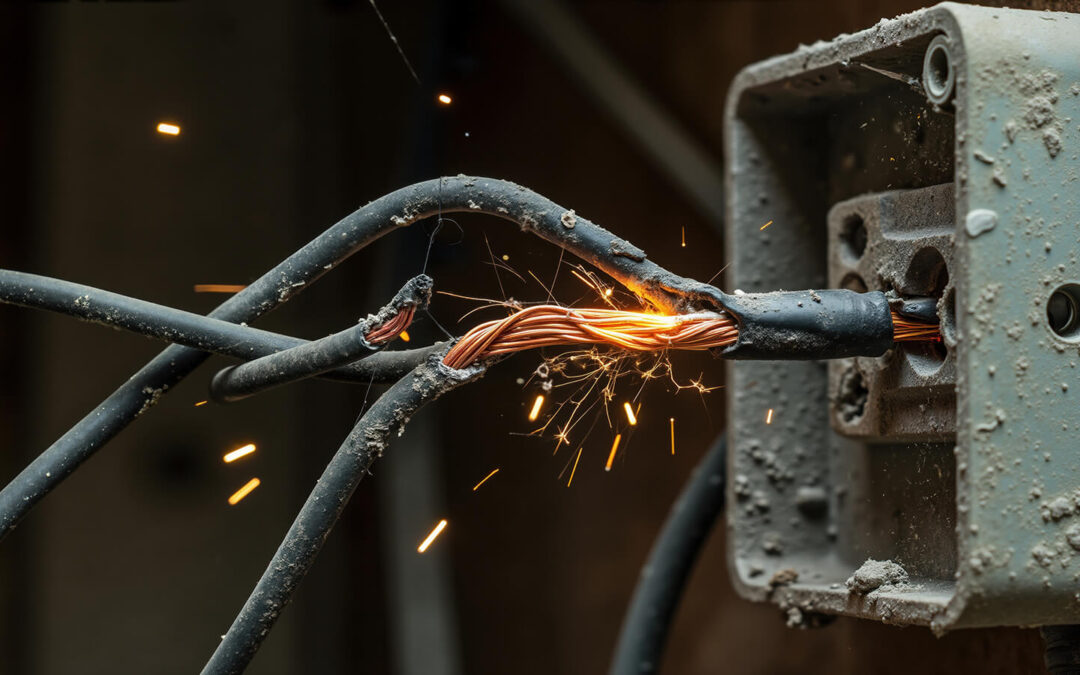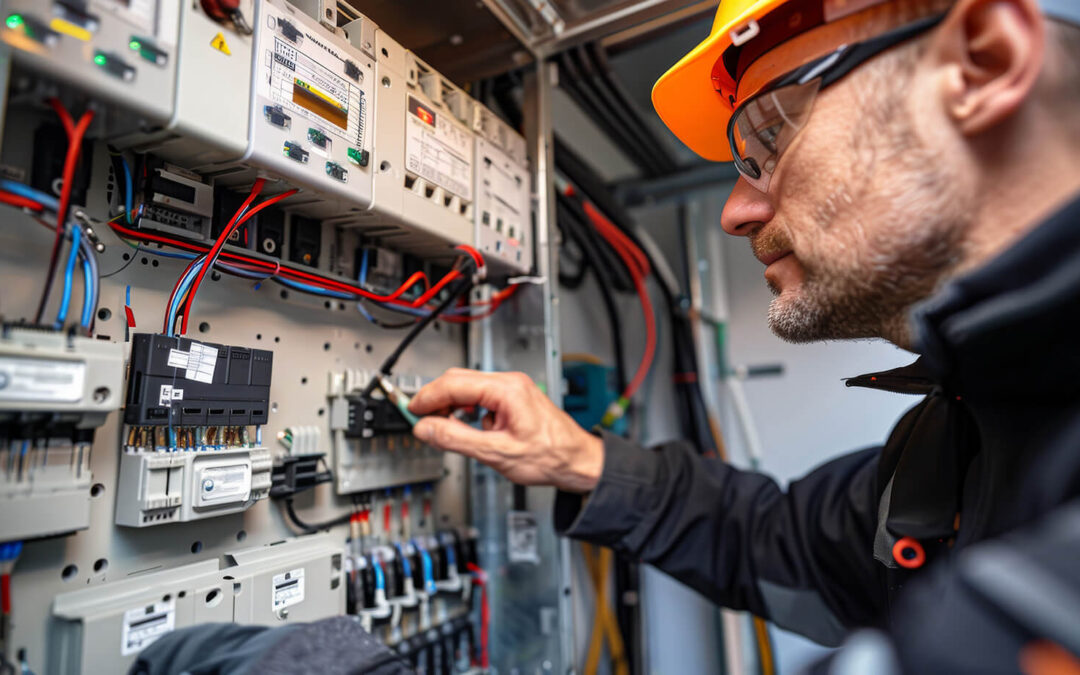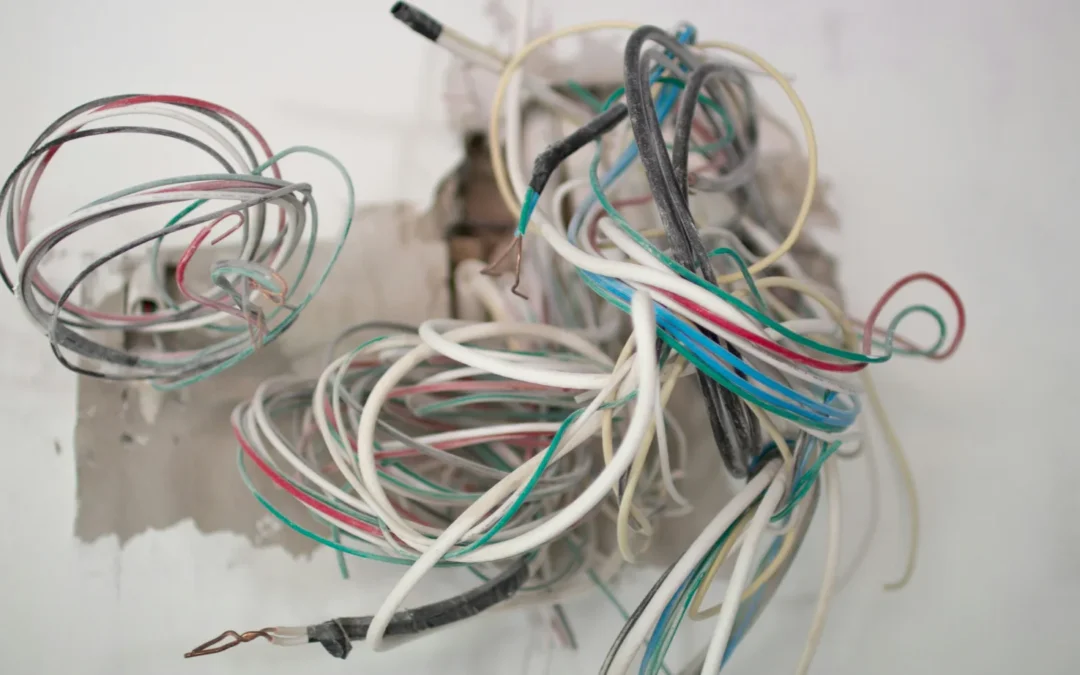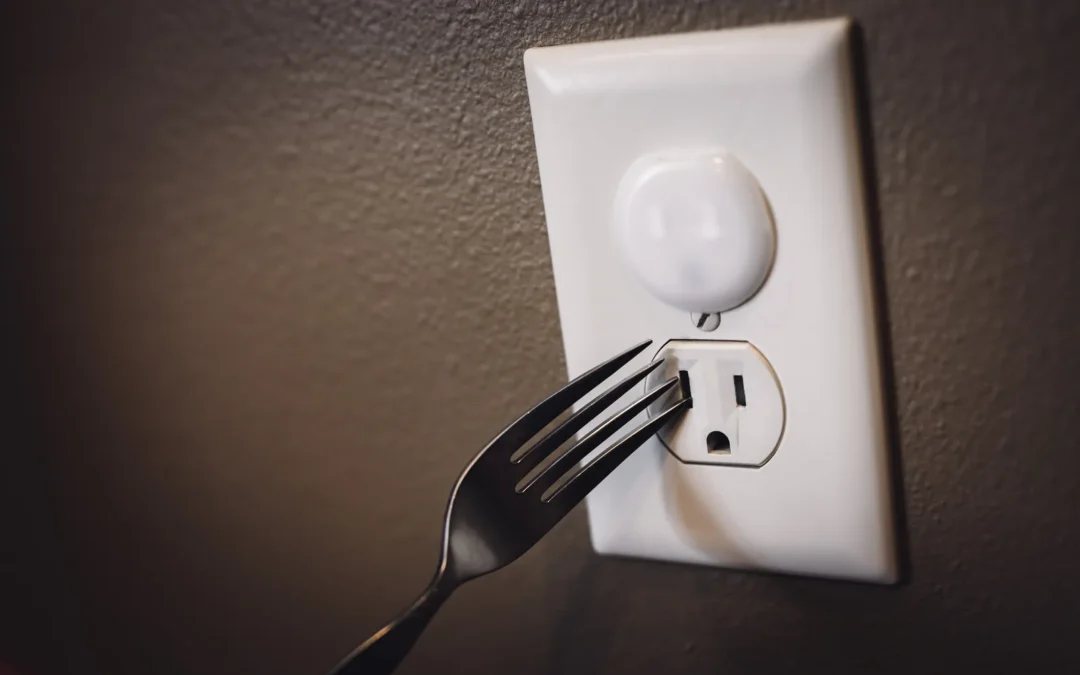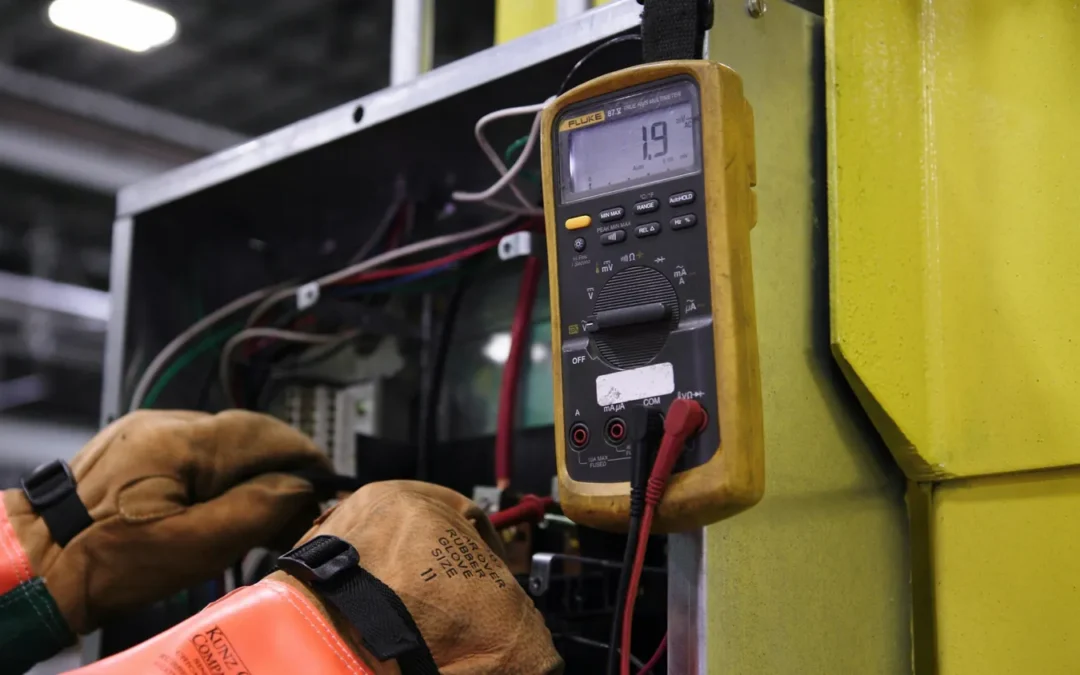If you own an older home, chances are your electrical system isn’t keeping up with modern energy demands. Decades ago, homes were built with electrical panels designed to handle a fraction of the power we use today. As technology advances and energy needs increase, an outdated electrical panel can become a serious safety hazard and a roadblock to efficiency.
Upgrading your electrical panel is one of the best investments you can make for your home’s safety, functionality, and future value. In this blog, we’ll explore why older homes require panel upgrades, the risks of outdated systems, and how a modern panel can improve your home’s overall performance.
Understanding Electrical Panels and Their Role
Your home’s electrical panel, often called the breaker box, distributes electricity from the utility company throughout the home. It manages the power supply to your appliances, lighting, and outlets while acting as a safety mechanism to prevent overloads.
In older homes, panels were typically designed for 60 to 100 amps of power. However, modern households require at least 200 amps to support high-demand appliances such as:
- Central air conditioning
- Electric water heaters
- High-powered kitchen appliances
- Smart home technology
- Electric vehicle (EV) chargers
If your electrical panel is outdated, it may struggle to handle modern power loads, leading to safety concerns and functional limitations.
Signs That Your Older Home Needs an Electrical Panel Upgrade
1. Frequent Circuit Breaker Trips
If your breaker trips frequently, it’s a sign that your electrical system is overloaded. This happens when too many devices or appliances draw power from the same circuit, causing the breaker to shut off as a safety measure.
Older homes often have fewer circuits than modern homes, meaning more appliances are forced to share power. This can result in tripped breakers, flickering lights, and inconsistent power supply.
2. Your Home Still Uses a Fuse Box
Many homes built before the 1960s have fuse boxes instead of modern circuit breakers. Fuse boxes are outdated and do not provide the same level of safety as modern breaker panels.
Some homeowners replace blown fuses with larger ones, which can cause the wiring to overheat and create a fire risk. If your home still has a fuse box, upgrading to a modern panel is essential for compliance with today’s electrical safety standards.
3. Flickering or Dimming Lights
If your lights flicker when you turn on an appliance like a microwave or vacuum cleaner, it could mean your panel isn’t providing stable power. This is especially common in homes with old or inadequate wiring.
Flickering lights may also indicate loose connections or an overloaded panel struggling to keep up with your home’s energy demands.
4. Not Enough Outlets
Older homes were built at a time when families didn’t rely on multiple electronic devices. If you find yourself relying on power strips and extension cords, your electrical system isn’t keeping up.
An outdated panel may not have enough circuits to accommodate additional outlets. Upgrading allows for more dedicated circuits, reducing the risk of overloading and fire hazards.
5. Burning Smells or Scorch Marks Near the Panel
A burning smell or visible scorch marks around your electrical panel are serious warning signs of overheating. This could be due to faulty wiring, loose connections, or an overworked system.
If left unaddressed, these issues can lead to electrical fires. Upgrading your panel ensures safer wiring, better circuit management, and reduced fire risks.
The Risks of Keeping an Outdated Electrical Panel
Ignoring an outdated electrical panel in an older home can lead to serious consequences.
1. Increased Fire Hazard
According to the National Fire Protection Association (NFPA), electrical malfunctions are one of the leading causes of home fires in the U.S. Older electrical panels may have faulty breakers, degraded wiring, or improper grounding, all of which increase fire risks.
2. Code Violations and Insurance Issues
Electrical codes evolve to improve safety. An outdated panel may fail to meet modern building codes, which can create issues if you plan to sell your home.
Some insurance companies may also deny coverage or increase premiums for homes with outdated electrical systems, especially those with fuse boxes or obsolete panels like Federal Pacific Electric (FPE) or Zinsco.
3. Inefficient Energy Use
Older panels struggle to distribute electricity efficiently, leading to higher energy bills. Upgrading your panel improves efficiency, reduces power waste, and lowers monthly utility costs.
4. Limited Capacity for Modern Upgrades
Thinking about adding a hot tub, home office, or electric vehicle charger? Your old panel may not support these upgrades. Upgrading your panel ensures your home is future-proofed for new appliances, smart home technology, and expansion plans.
Benefits of Upgrading Your Electrical Panel
Investing in a new electrical panel brings a range of benefits, including:
1. Increased Electrical Capacity
A modern panel ensures your home can handle higher power demands without overloading circuits or causing voltage drops.
2. Improved Home Safety
New panels include advanced safety features that reduce the risk of electrical fires, shocks, and short circuits.
3. Compliance with Electrical Codes
Upgrading your panel ensures your home meets current safety regulations, making it easier to sell or refinance your property.
4. Lower Energy Bills
A properly functioning panel distributes electricity more efficiently, reducing energy waste and lowering monthly bills.
5. Added Resale Value
A modern electrical system is a major selling point. Homebuyers in Denver and beyond are looking for homes that are safe, up to code, and capable of handling today’s technology.
Why You Should Hire a Professional Electrician for Your Panel Upgrade
Upgrading an electrical panel is not a DIY job — it requires expertise, permits, and strict adherence to safety codes. A professional electrician ensures:
- Correct installation without errors that could lead to hazards.
- Code compliance so your home meets local and national electrical standards.
- Proper permits and inspections to avoid future legal or insurance issues.
Upgrade Your Electrical Panel with Table Mountain Electric
If your older home needs an electrical panel upgrade, Table Mountain Electric is here to help. Our licensed electricians have extensive experience upgrading panels in Denver and surrounding areas, ensuring safety, compliance, and long-term efficiency.
Don’t wait until electrical issues become major safety hazards. Contact us today to schedule your panel upgrade and ensure your home is powered for the future!


